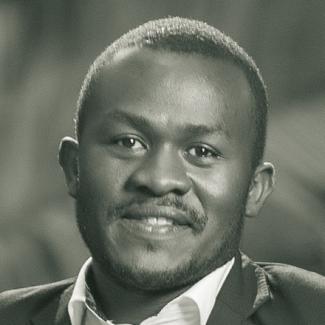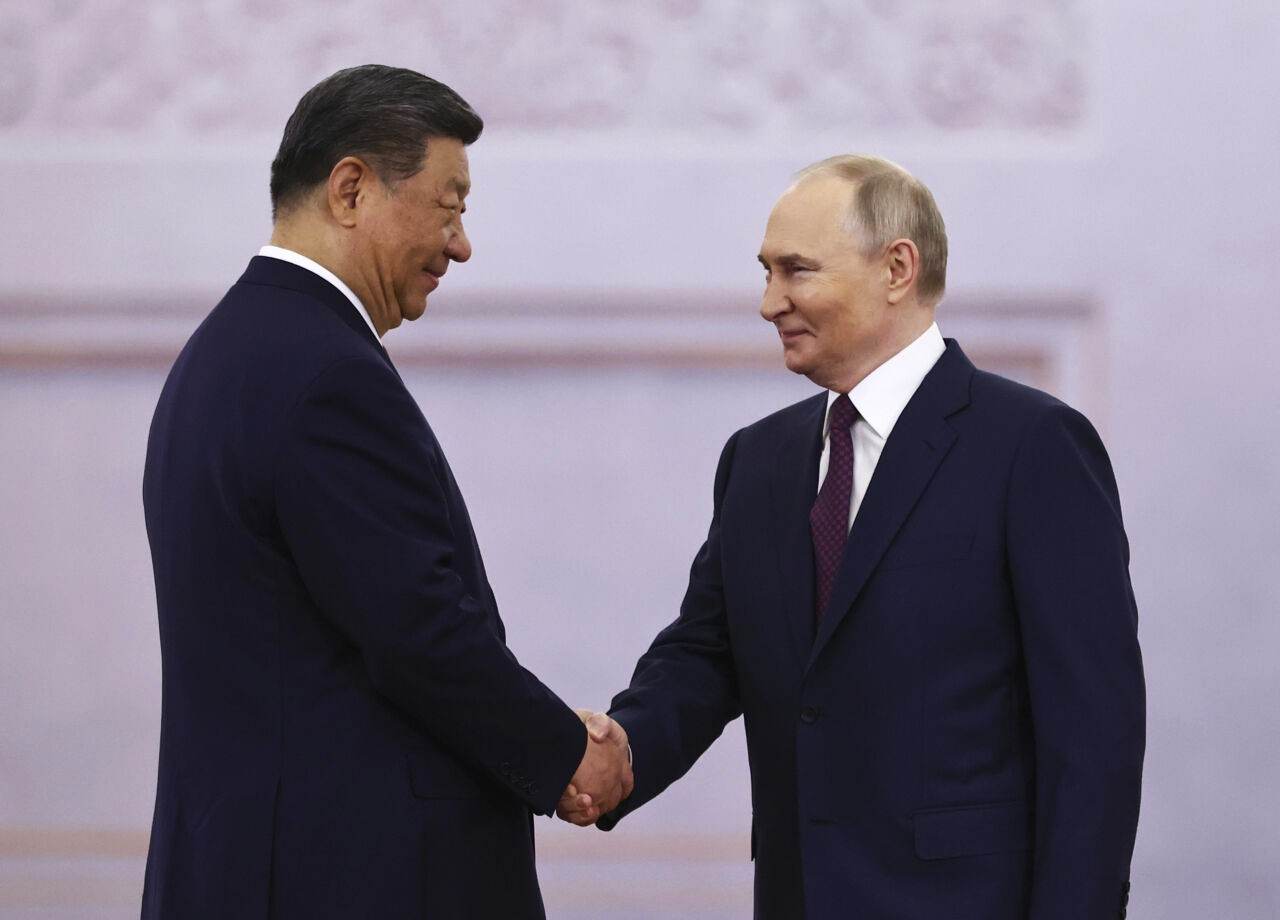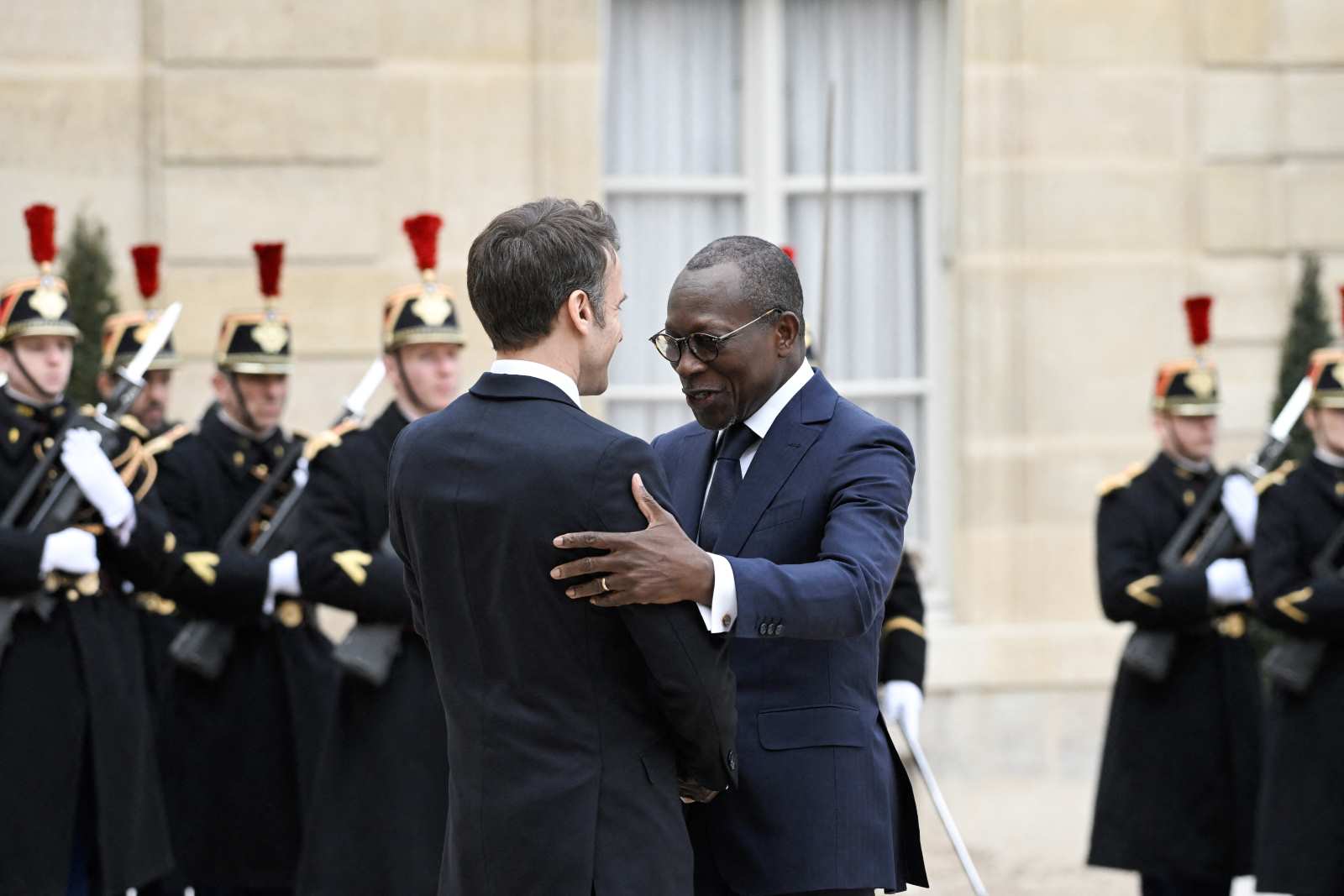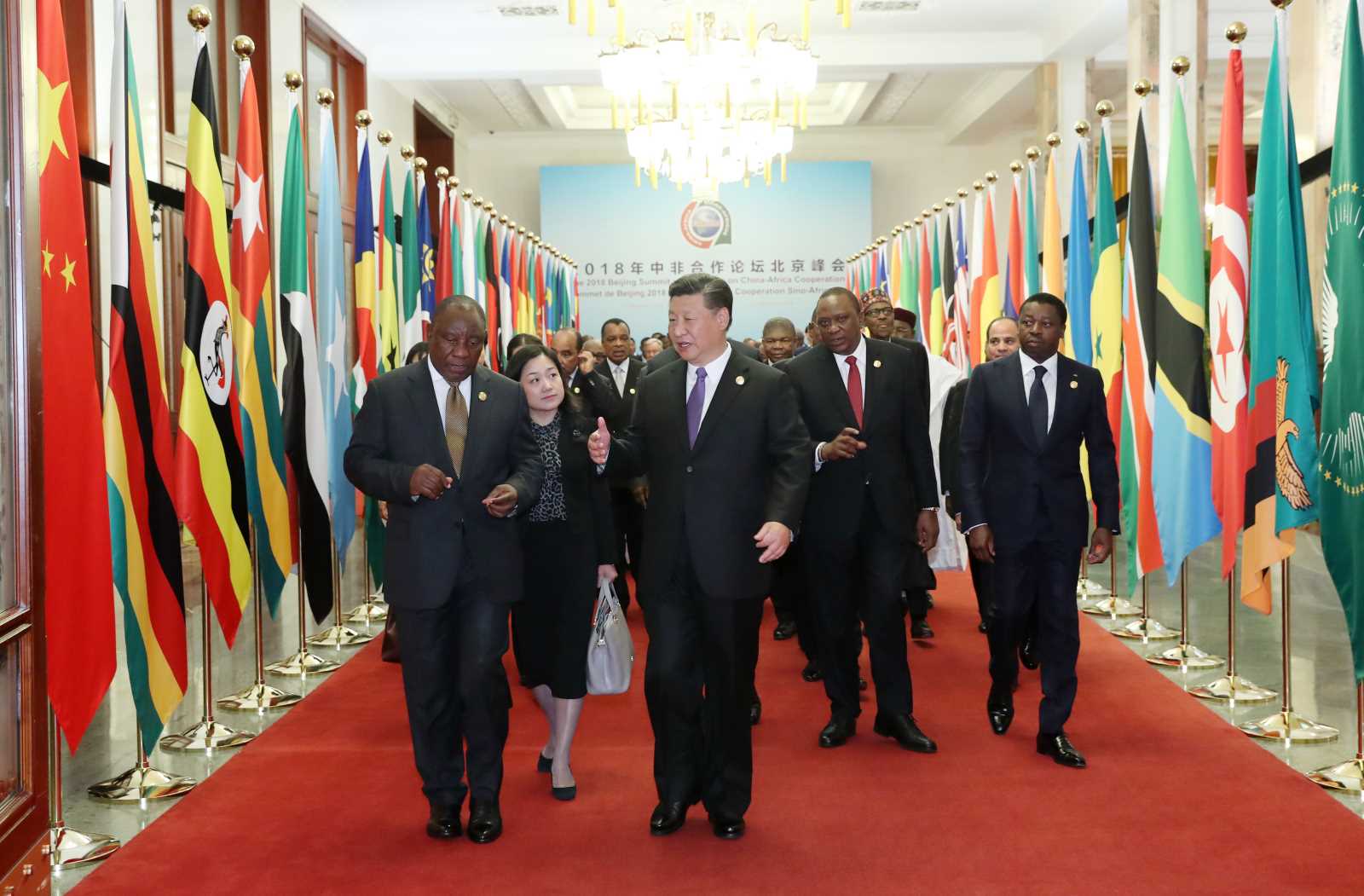Assertive judges
Long road to independence
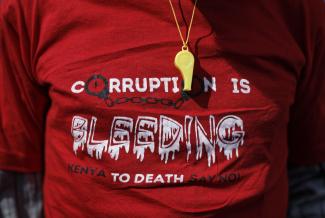
In 2010, Kenya adopted a new constitution. The background was gruesome post-election violence in 2007/08, when members of different ethnic groups had turned on one another. The new constitution was designed to reconcile a deeply divided nation. One of the instruments for doing so is a strong and independent judiciary.
Since colonial times, Kenya’s law courts had previously mostly toed the government’s line. The new constitution has changed expectations, and efforts have since been made to ensure the courts’ independence. The reform process has gone on slowly but decisively for several years. It is radical and costs a lot of money. Last year, however, it was hit by a political whirlwind. The reason was that the Supreme Court annulled a presidential election (see box next page). The decision was politically controversial, of course, and sparked angry responses. On the other hand, many Kenyans appreciated that the judges were serious about enforcing constitutional standards.
Today, the reform caravan is trudging on in what remains an uphill struggle. Two key events have slowed it down somewhat. Both were obviously responses to the Supreme Court’s election nullification.
The Kenyan government has cut its ties to the International Law Development Organization (IDLO), an inter-governmental body that supports judicial reform processes. IDLO had funded the bulk of Kenyan capacity building in this field, including the training of judges, magistrates and judicial officers.
The government, supported by legislators, denied the judiciary more than half of the budget it had requested.
IDLO is a non-partisan organisation. It was launched by 34 governments of countries as different as China, Italy and Senegal. It is affiliated to the UN and gets funding from various parties, including the EU or the Bill and Melinda Gates Foundation. Its mission is to promote the rule of law. Nonetheless, politicians and bloggers close to the government accused IDLO of meddling in Kenya’s judiciary after the election annulment. IDLO got abrupt shutdown orders. Judges were threatened and slandered in national newspapers. Judicial officers were publicly defamed.
As for the budget, the judiciary requested 31 billion Kenyan shillings (the equivalent of $ 310 million) for the current financial year. The treasury only allotted it 17.3 billion shillings, and the National Assembly reduced that sum to a mere 14.5 billion shillings – not quite half of the judiciary’s requirement.
David Maraga, Kenya’s chief justice, was not prepared to accept the cuts. “The Judiciary exists not for its own sake, but to serve the common person by ensuring the efficient administration of justice and facilitating smooth commercial interactions between business entities,” he said in July 2018, shortly after the budget was approved. He even spoke of “budgetary strangulation” and warned that the courts were about to become unable to do their work. His appeal to the public’s common sense compelled the treasury to draw up a supplementary budget, which was soon approved by the National Assembly. This raised the allocation to the judiciary by 1.5 billion shillings, which brought the total allocation to 16 billion shillings, which is just over half of the budgetary requirement and insufficient to cover the need.
It is no secret that Chief Justice Maraga’s relations with the administration of President Uhuru Kenyatta remain tense. As the incumbent, the head of state was confirmed in the second election held last year, but he ran unopposed since the opposition boycotted the polls. In political terms, many questions thus remain about the legitimacy of Kenyatta’s presidency as well as the opposition’s complicity in keeping him in office.
On the upside, Maraga has reassured the country that the constitution is designed to cope with tensions between different branches of government and that he is determined to fight for the judiciary’s independence. The judge’s authority has benefited considerably from the appreciation that the Supreme Court’s election decision got in other African countries as well as at the global level.
There actually has been considerable progress in recent years. The judicial infrastructure has improved slowly, but steadily. There are now more courts with more officers and better equipment. Codes of practice were published. The legislature has been reviewing Kenyan laws to ensure they comply with the new constitution and judges have been subjecting these laws to strict constitutional tests. The growing clout of independent courts, moreover, helped to attract international investors who appreciate predictable rule of law.
Long before the election annulment, the judiciary had begun to assert its relevance. In dozens of cases, judges nullified laws which the executive branch had rammed through the legislative branch. The courts thus prevented draconian amendments which threatened citizens’ liberty and privacy under the pretext of ensuring security and fighting terrorism. The courts also protected media freedom and the independence of the auditor general. The public generally appreciated these many small steps, which added up to a powerful trend in defence of constitutional principles.
The road ahead
There certainly is a need for the judiciary to do much more however. The big question is how to deal with corruption and impunity. These twin vices are prone to cause dangerous apathy among citizens. Even President Kenyatta has said that he wants the courts to fix the situation.
Chief Justice Maraga is aware of the challenge. The judiciary has set up a special division for corruption cases. In August 2018, the top judge told members of the country’s Law Society: “We either say no to impunity and prosper or keep quiet and perish.”
It is clear that the courts will have to work diligently and pass judgments based on solid evidence. In September 2018, the new Criminal Procedure Benchbook was launched. It is a jurisprudential manual for implementing the young constitution. Maraga considers it yet another step towards a “purposive, robust, indigenous and patriotic jurisprudence that reflects the values, principles and aspirations of all Kenyans”.
Maraga knows that leaders must be held accountable, and he has appealed to all Kenyans to contribute. He made a pitch for eternal vigilance against corruption and impunity, declaring that the media, civil society and the citizens themselves are important partners in such efforts. Moreover, the top judge has warned that the constitution would be “hollow” without respect for human rights, including socio-economic rights.
Paul Kihara, Kenya’s attorney general, basically endorses this vision. “The judiciary must be given constitutional and operational independence,” he has said. “The decision of the court must be respected by all, no matter how powerful or influential they may be.” The attorney general emphasised that judges and magistrates “must be let to make decisions on the basis of law and law alone.”
Recent experience, however, shows that politicians are often vindictive. There can be no doubt, moreover, that the judiciary is fighting deep-seated systemic issues and that it made itself new enemies by annulling the election. On top of all this, the backlog of cases is a serious problem. At the last count, at least 110,000 cases had been pending for more than five years. It was hoped that the number would be reduced to zero by the end of 2018, but the budget cuts made that improbable. Currently, the expansion of infrastructure – establishing new law courts all over the country and improving the information technology networks – slowly hobbles on amid financing gaps.
The greatest challenge, however, may be that the judiciary itself must be seen to be clean. It does not help that Philomena Mbete Mwilu, the deputy chief justice, is accused of graft and must stand trial.
Noordin Hajj, the director of public prosecutions (DPP), brought criminal charges against her. Mwilu insists that she is innocent and the alleged corrupt transactions were merely commercial and above-board.
This case is a nightmare for the Judicial Service Commission, which has oversight over the courts. To many people, the top prosecutor’s action reeks of vendetta after the election annulment. Moreover, his initial plan looked ridiculous: he wanted low-ranking magistrates to try the deputy chief justice. In the end, Chief Justice Maraga decided that a special five-judge bench would do the job. The proceedings are odd, nonetheless, because the judges concerned must decide the case of a judge who is formally their superior.
Kenya’s people are paying close attention to how the judiciary handles the trial of one of its own leaders. They want to see fairness, fidelity to the law and – ultimately – justice.
Alphonce Shiundu is a journalist, editor, and fact-checker in Nairobi
https://twitter.com/Shiundu
